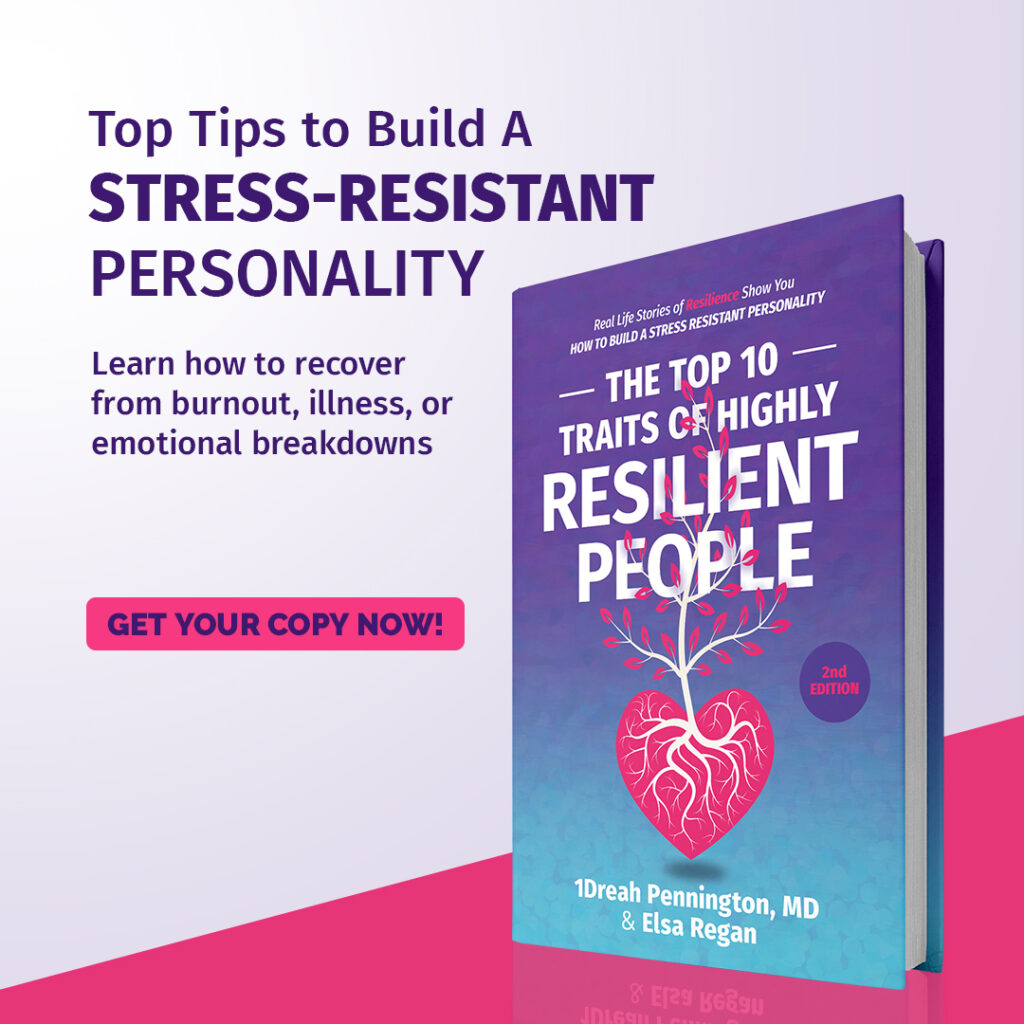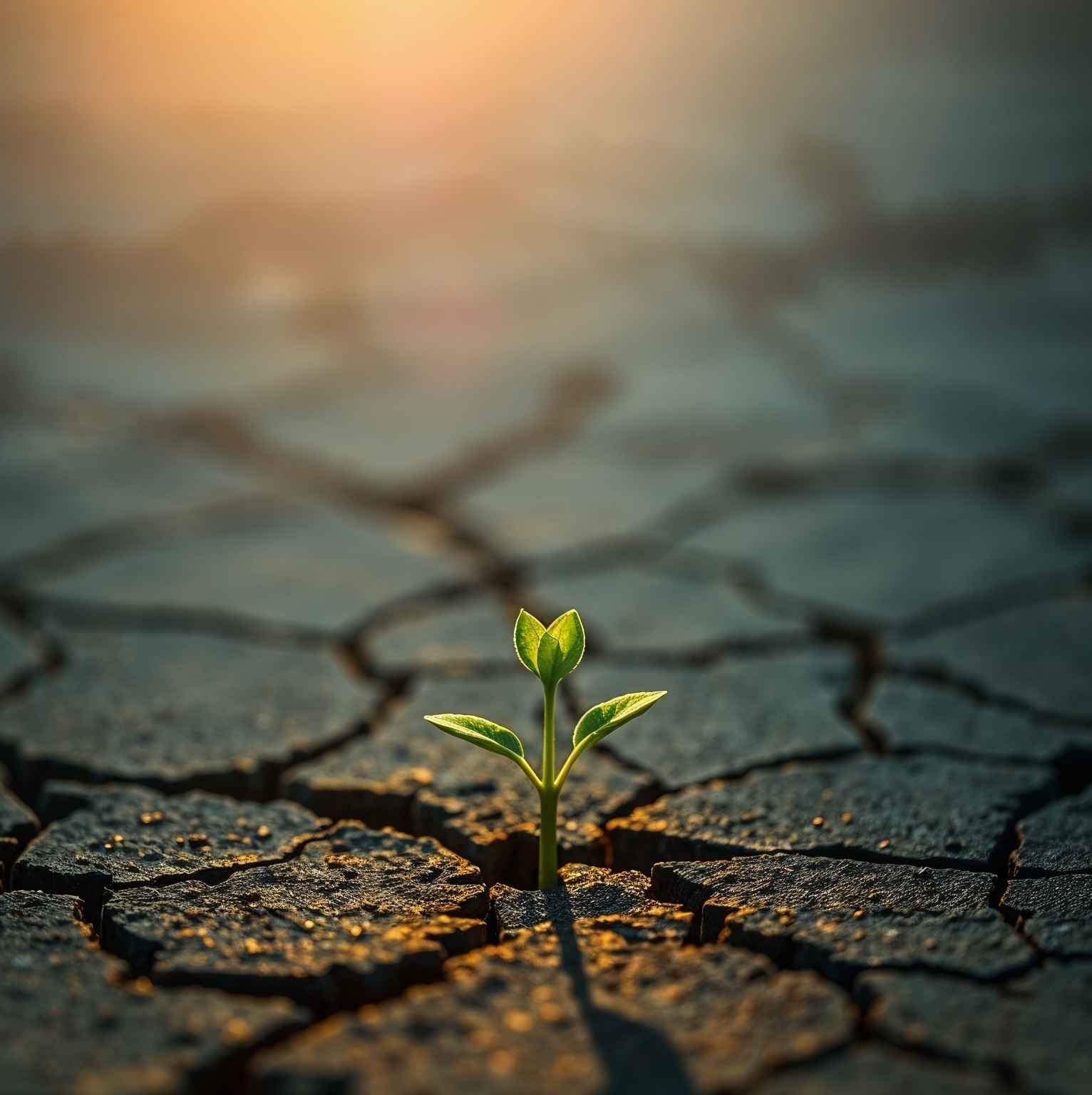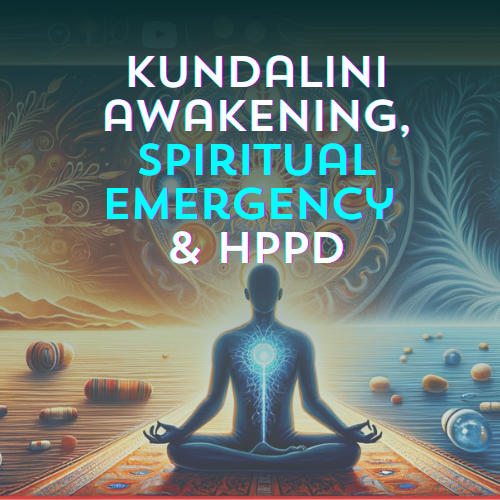This article is an excerpt from The Top 10 Traits of Highly Resilient People: Real Life Stories of Resilience Show You How to Build a Stress Resistant Personality, published with permission from the publisher.
Tolerance and compassion are your secret weapons when it comes to developing and strengthening your resilience. The more tolerant and compassionate you are, the less likely you are to be triggered by circumstances outside your control and the less regret you will have about behaving in a way you later berate yourself for.
These traits offer fast-track tools for becoming a kinder, more understanding and less frustrated human. When you start viewing life through the lens of compassion, you no longer fight with aspects of life you have no control over and you stop creating your own inner world of resentment or anger. Realizing that the majority of people you encounter are dealing with their own problems and concerns helps you to create more genuine connections and develop greater emotional intelligence.

Young happy smiling woman doing deep breath exercises outdoor with a green background
The more you develop qualities such as understanding and empathy, the more you free up your life force energy. This means you can focus on constructively creating your life in every moment, rather than reacting and getting dragged along for a ride by your emotions.
To improve our capacity for tolerance and compassion, we need to start by developing this quality with ourselves. The more we understand, accept and forgive ourselves, the better equipped we are to understand, accept and forgive others.
You dont want to miss reading this interesting article on Resilience trait 6: Confidence
According to the Laboratory of Neuro Imaging at the University of Southern California, the average person has around 49 thoughts per minute (approximately 70,000 thoughts a day!) and 70% of those thoughts are identical with the day before. If you stop to consider how many of your thoughts you are actually aware of, and how many of those are negative thoughts about yourself, you can imagine how powerful it is when you begin consciously developing more compassion for yourself.
When it comes to tolerance, we are generally far harder on ourselves than we are on others. The words we use to chastise ourselves can be incredibly harsh and we need to learn how to find the balance between letting ourselves off the hook and constantly reinforcing our inner belief that we are not good enough.
Can you imagine yourself as a child or as a baby and send yourself unconditional love and acceptance? Can you see how the mistakes we make in life can easily be tolerated and forgiven when we reconnect to our original innocence and imperfection? How much easier would life feel if you adopted this perspective in future, when you notice that you are judging yourself and others?

Photo by In Her Image Photography, Petaluma, California
Remembering that we all want to be loved and accepted can make it easier to be compassionate with others, as well as ourselves, when we see struggle, striving and anger. Rather than letting our Ego react and rise up to defend ourselves, instead we can adopt practices that help us to be more present, notice when we are triggered and then pause before we respond.
Clinical studies show that regular practice of the popular Loving Kindness (Mettā) Meditation can do wonders for mood problems and irritability.
You can download free meditations and take part in the 21-day Compassion Meditation Challenge here: AttunementMeditation.com/Compassion

Our first story illustrating the huge power of compassion is from an inspiring teacher and health professional, who learned the hard way how to honor herself before giving all her energy away to others. Even when Helga “Gegga” Birgisdottir had created an instrument of happiness she could share with others, she still pushed through until she was forced to press pause. Like so many caregivers and health professionals, her burnout could have been predicted by seeing warning signs such as a lack of fulfillment from a once enjoyable job. What she shares is a moving portrayal of how her journey to meeting her inner self with greater compassion completely changed her life and gave her freedom.
Watch the interview with Gegga here:
The last story in this chapter is my own. I previously shared this in a book called Life After Trauma. My story explores how practicing self-compassion and meditation helped me recover from a draining few months as a full time caregiver to my mother. Now, I have new insights on how illness can set us on a path to new life. I am more convinced than ever that the practice of self-compassion and meditation can help us develop resilience and provide relief for a whole host of other big and small crises.
Get your copy of the book today and start building your stress-resistant personality.
This article was originally published on In8Vitality.com on 04 June 2021











